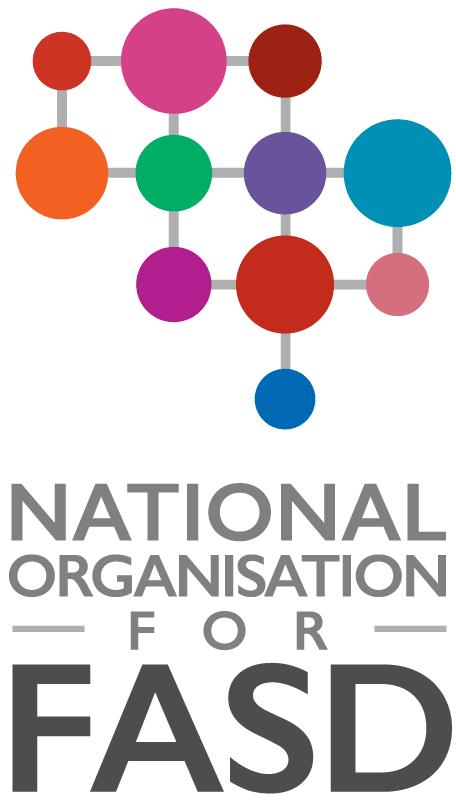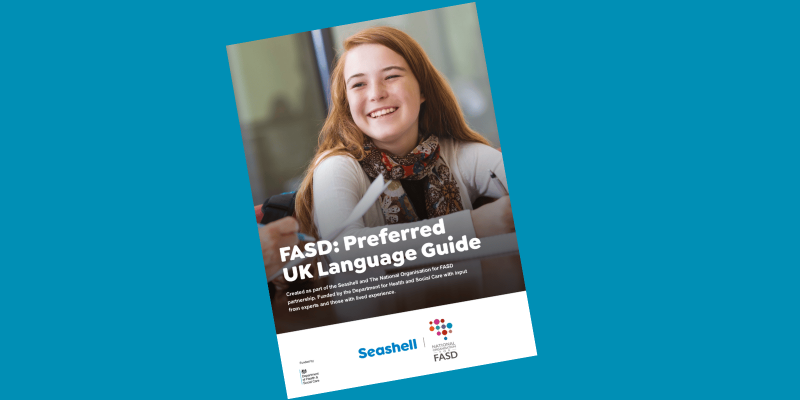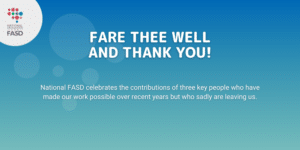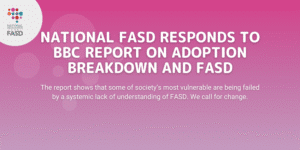New UK FASD language guide highlights stigma-free language
The National Organisation for FASD and Seashell are pleased to announce the launch the new FASD: Preferred UK Language Guide produced through their partnership project, “Resources and Training to Support Children and Young People with FASD,” funded by the Department of Health.
The language guide includes:
- Terms that are stigma-free and blame-free;
- A common description of FASD;
- Additional terms that should be used with caution;
- Sample sentences using the preferred language; and
- A glossary of frequently used terms.
The language guide was created with input from an experts committee that is guiding the Seashell and National FASD project, a committee of adults and young adults with FASD, as well as with input from other experts who participated in a special workshop exploring the issues. In addition, 136 people from across the UK provided input via an online survey.
The language guide will be of use to policy makers engaging in discussions about FASD, the media reporting on FASD and those who have FASD or caregivers or professionals who support those with FASD.
This is a guide. The goal is to avoid stigmatising or blaming language. Usage is highly personal - above all we respect how individuals with FASD choose to identify themselves.
FASD: Preferred UK Language Guide
About the project
- Best Practice in FASD Training Guide;
- FASD: Preferred UK Language Guide;
- 1-day Introduction to FASD training;
- The “Me and My FASD Toolkit” – including a website (www.FASD.me) and YouTube channel; and
- A 3-day training (pilot coming in February).
The toolkit and 3-day training are focused on helping those with FASD understand and own the diagnosis.
We understand some of the preferred terms are not currently widely used. The goal is to make them better known.
FASD: Preferred UK Language Guide



